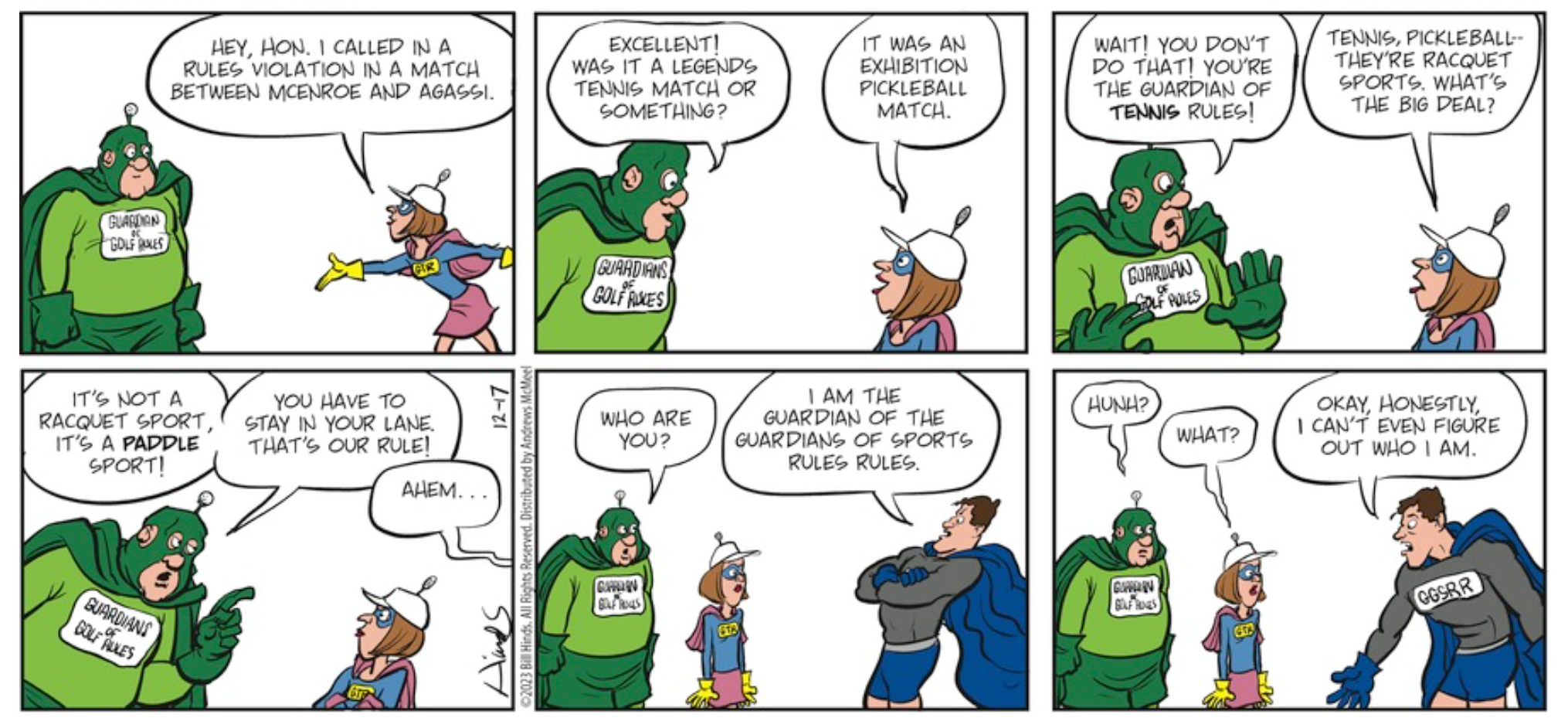This amounts to an afterword to this post: "Hype over AI and Classical Chinese / Literary Sinitic" (11/9/23)
Four decades ago, when I was trying to determine what type of language Sinitic was (synthetic, analytic, inflected, isolating, agglutinative, fusional, polysynthetic, etc.), from a survey of all the world's languages that I could get a grasp of, I came across Sumerian, which seemed to have many features that were similar to Sinitic, so I decided to look into that a bit more deeply.
Fortunately, I discovered this excellent book, which had just come out around that time:
Marie-Louise Thomsen, The Sumerian Language: An Introduction to Its History and Grammatical Structure (Mesopotamia Copenhagen Studies in Assyriology, Volume 10) (Akademisk Forlag, 1984).
In it, she said, "…the study of the Sumerian language is not easy: the meaning of many words and grammatical elements is far from evident, the writing is defective…". She also declared, "The orthography of the Old Sumerian texts is rather defective."
Read the rest of this entry »

